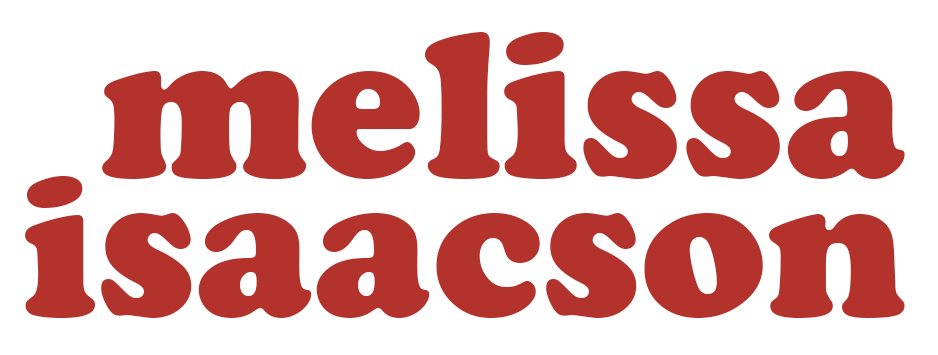Storytelling, I have decided, is sort of the verbal hieroglyphics of a family, the color added to the commentary; the explanation for the picture of your brother dressed as a princess at age four long after everyone has forgotten it ever happened.
After a couple dozen re-tellings, stories take the place of actual memories. They fill in all the gaps.
My mother was a fabulous storyteller. So good that at some point, she simply took over my father’s own childhood stories, which were clearly lacking, and told them herself.
She’d recall detail from 50 years earlier, what she was wearing, the precise dialogue, the emotions she was feeling at the time. But if there was any chance at injecting humor into a story, which was pretty much always, you never knew where the facts left off and the improv took over.
As a true child of the Depression, she told us of her father Morris, a loving, hard-working housepainter, and her mother Bess, a woman scarred from her own abandonment as a baby, moving from apartment to apartment on the West Side of Chicago, to escape landlords after rent money often gambled away by her mother.
But even this my mother would recount without a trace of melancholy. Like the roller skates she rented for seven cents an hour with her best friend Rhea – “I paid four cents and she paid three,” my mom would explain, “because Rhea was really poor. Her father was on relief.”
It was my grandfather Morris who would take my mother, his youngest of three girls, for a canoe ride on the lagoon. “He bought me a sailor suit,” my mother would recall lovingly. “And then we’d row out to the middle of the lagoon, I would throw up over the side and then we’d row back.”
There was also the one about her goldfish, which swam round and round in its bowl on the kitchen window sill until one day, with a hot summer sun pouring in, “it jumped out,” my mom said, “and committed suicide.”
“Committed suicide?” I asked.
“It was the Depression,” she’d say with perfect timing.
She told these stories even as her short-term memory faded. The dress she was wearing when, while playing stickball, the neighborhood bully pushed her down, imbedding gravel in her knee. The Chinese doll — her only toy ever, she said, I think to inject the story with some added color — given to her by her beloved older sister Pearl. The game she played under her mother’s dinette, the tablecloth concealing her grown-up, make-believe life in “Chi-Town.”
They were her memories, but somewhere along the line they became mine, as clear in my mind as if I lived them myself. And yet why couldn’t I remember the final words she spoke that made sense? The last time she looked at me and knew it was me. For a while, I beat myself up for not having the good sense to ask her more questions while she was still able to answer them.
Like how did she make her brownies so light and cakey? How did she always know the right thing to say to make us feel better?
How were we supposed to fill in the gaps without her?
I miss my mom today.
Seniority always rules on Mother’s Day. You may be a mother, but your mother or mother-in-law is still the guest of honor. And if her mother is still around and at the party, she is the queen.
This is how it should be. You are your parents’ children until they are gone. And then you are the adults.
Thank God for my mother-in-law, because I am no more ready to be guest of honor at that party than I am to be queen.
But I think I’m finally comfortable in the storyteller role, able to conveniently make up details to fill in the gaps whenever necessary. And thinking of my mom every time I do it.
I never knew her father Morris, but it was his humor that everyone remembers. And it was our grandfather who surely passed it on to my mother and her sisters, a trait imbedded in me and my siblings and my children, a gene I pray will sustain my grandchildren and their grandchildren for generations to come.
“Did I tell you about the time my father came into our apartment dragging a long rope over his shoulder?” my mother said, and of course, I pretended she hadn’t.
“I was so excited I couldn’t stand it,” she began. “He kept pulling and pulling on the rope. ‘Daddy, daddy, what is it? What is it?’ And then finally, at the end of the rope, was an adorable, scrawny little puppy. I named him Spot.”
“Spot?” I would say. “That was the best you could come up with?”
“It was the Depression,” she would reply, seemingly the perfect answer for anything. “What did I know? Can I finish the story?”
“Sure,” I said.
” ‘Oh daddy, I love him, I love him,’ I said, and I was so excited I jumped up with the one roller skate and stepped on the dog,” she said calmly. “And that was the end of Spot.”
“What do you mean, the end of Spot?” I asked, horrified. “You killed the dog?”
“Well,” she said, reconsidering, “he was never really the same after that.”
I loved my mom.
It will be two years in August since we lost her. But they’re still her stories.
And still her Mother’s Day.
One Response to “Motherhood II”
Leave a Reply

Great tribute to Mother’s Day, Missy. My mom’s been gone 5 Mother’s Day now, and I don’t want to be the queen yet–I’d rather have her back!